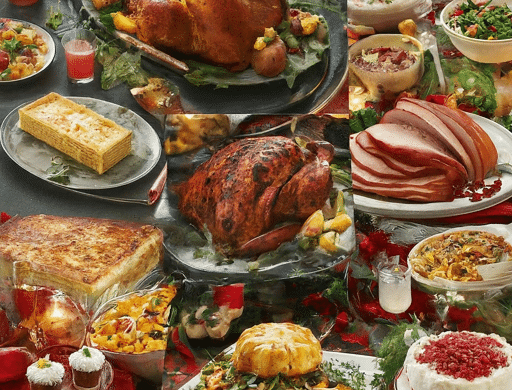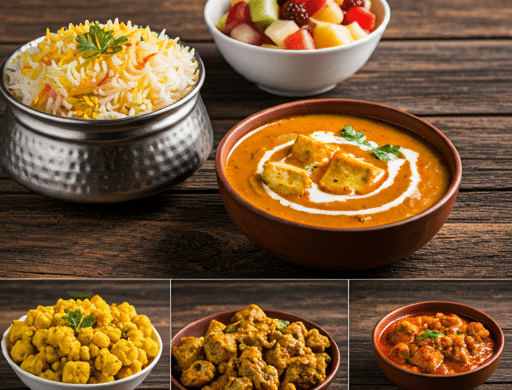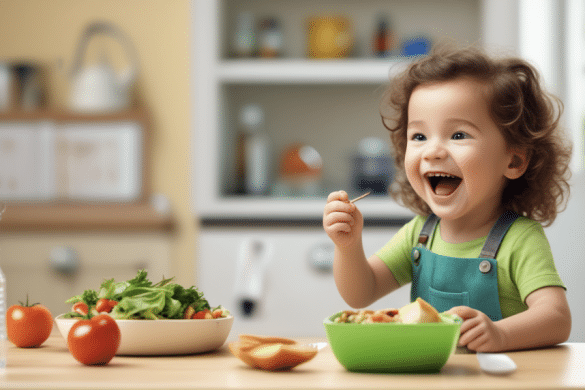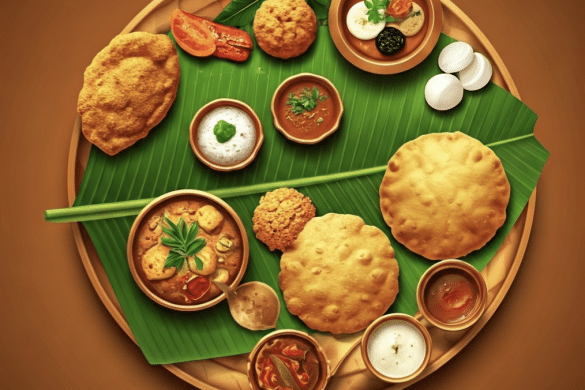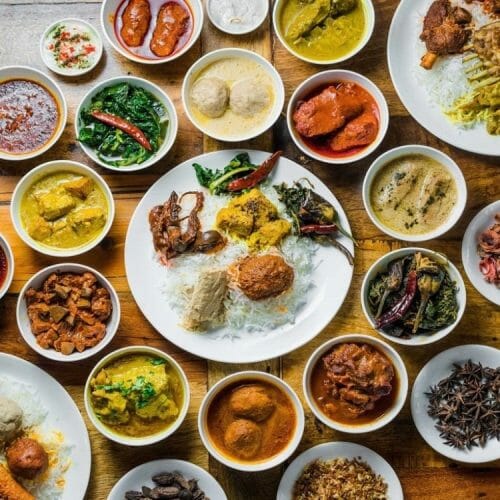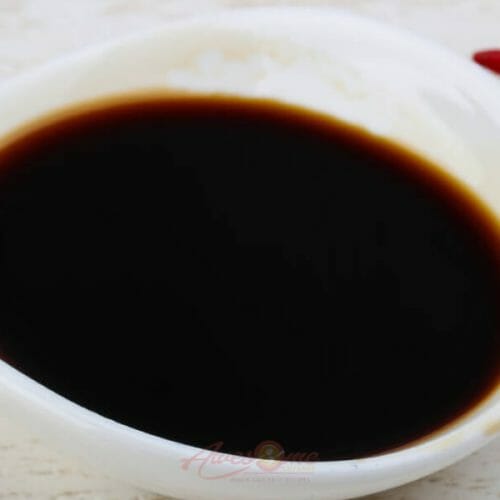Getting down preparing a scrumptious meal will certainly make you come across inadvertent blunders that may make seem your best efforts of putting together a flawless culinary delicacy go down the drain. Let this not dampen your spirits. You can avoid common cooking mistakes by being an informed and conscious culinary expert.
Top ten commonly encountered cooking mistakes have been enumerated below.
- An overdose of salt: This occurs when you forget to taste the dish in the course of cooking. If salinity has set in owing to over-reduced stew, adding water is recommended. Alternately, you can add lemon juice to make up for less salt. Exercise caution while adding salt as other saline elements in the dish may contribute to over-salting.
- Cooking meat for extra-long or on high heat to render it tough: Overcooked meat should be shredded or added to marinara. The look of the meat is not an effective indicator of cooking time, rather correct method is to be adopted based on protein needs. You should grill or broil flank steak over high to medium heat and then slice across the grain. Braise the meat for long on low heat for tendering it.
- Mushy rice: Using an excess of liquid causes this. Soggy rice can be spread out on a baking sheet and kept in the refrigerator to make it cold and facilitate the coagulation of starch. Stir fry the rice next day. Stick your finger on rice top and the water should touch your first knuckle.
- Making fried food too oily or non-crispy: This happens when the oil is not heated adequately or the pan is jam-packed. When the oil is too cold, the vegetables etc. that are put in it will soak oil like sponge. The solution is to refry items in oil at the right temperature dependent on the recipe. Provide for abundant space around each item being fried.
- Burning the food: Cooking at a high heat or over-cooking items can lead to this. Be attentive to time and temperature while cooking and don’t just walk away. You should purchase a cast-iron skillet and standard cookware with a known capacity to withstand heat.
- Making the sauce/gravy lumpy: This occurs when ingredients are added too rapidly or at incorrect temperature ranges. This can be overcome by sieving the liquid by passing it through the chinois once. The chunky bits will be left behind in the strainer. For creamy sauces, the ingredients should be incorporated slowly.
- Making the pasta gummy: This happens due to inadequate amounts of water or the pasta wasn’t heated properly. This can be prevented by keeping the water at hard, roiling state, rather than little bubbling before adding noodles. Use a large pot, add enough water and let the pot size be adequate to retain water. 1 pound of pasta should have 4 quarts of water as this will provide elbow room for pasta to breathe and expand.
- Charring the meat while it is still raw from inside: This occurs by sautéing or pan-frying the meat too quickly at a very high temperature. The meat should be cooked gingerly on each side and stay physically present when the cooking is on.
- Soggy vegetables: Overcooking leads to this. Gingerly cook the vegetables paying attention to the vegetable density as each ingredient will not cook at a similar rate. BY the time one vegetable is cooked, the other will become mushy.
- Breading won’t stick to the meat: This happens when you fail to use flour prior to coating the meat. Adequately cover each fillet in flour prior to getting it dredged with egg. Follow this by covering with bread crumbs.
image credit: joyofkosher.com


